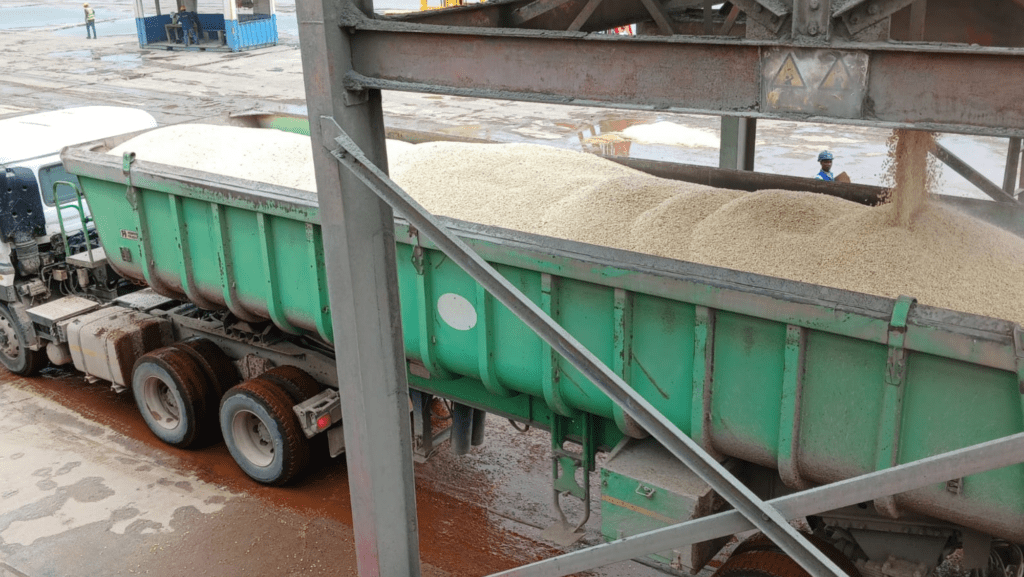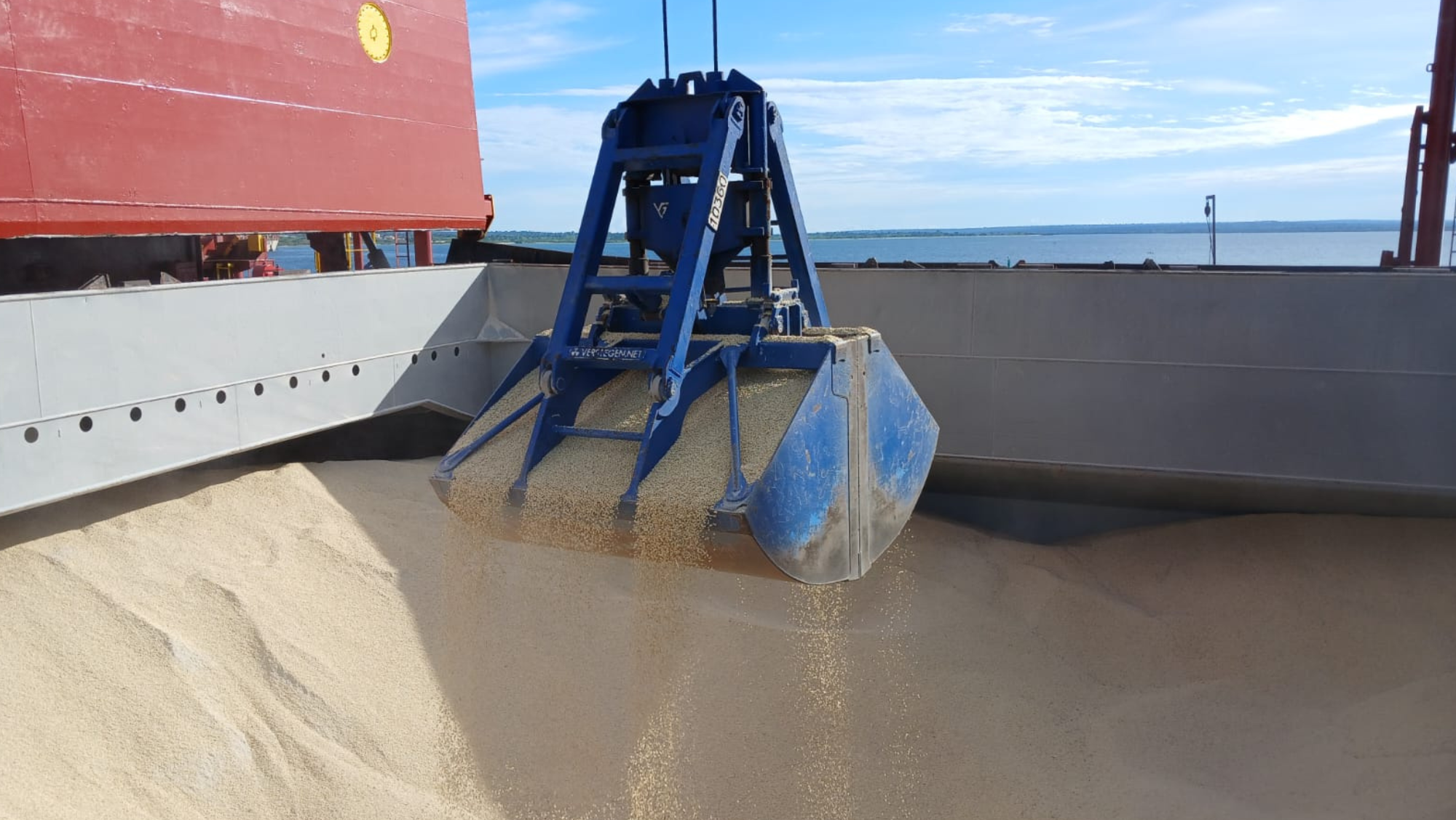As global food security becomes an increasingly pressing issue, infrastructural developments play a pivotal role in ensuring that regions have access to essential resources. One such significant development is the construction of the new Bulk Grain Terminal at Nacala port, set to transform the agricultural landscape and food security in the region.
A Strategic Gateway
Nacala, located on the northeastern coast of Mozambique, is strategically positioned to serve as a vital link between the agricultural heartlands of Southern Africa and global markets. The new Bulk Grain Terminal, currently under construction, is poised to capitalize on this strategic location, facilitating the efficient movement of grains from local farms to international destinations, and vice versa. This enhanced connectivity is expected to have a profound impact on the region’s food security.
Streamlining Grain Trade The primary function of the Bulk Grain Terminal is to serve as a gateway for the import and export of various grains. This efficient handling of bulk grain shipments will streamline the grain trade process, reducing the time and costs associated with transportation. By optimizing the logistics of grain movement, the terminal will ensure that grains reach their destinations in good condition, thus minimizing food wastage and ensuring a steady supply of grains.

Enhancing Market Access
One of the key factors contributing to food insecurity in many regions is the lack of access to markets. The Nacala Bulk Grain Terminal aims to address this by providing a robust platform for grain trade. By streamlining the export and import processes, the terminal will enable farmers to reach new markets, both domestic and international. This not only opens up new revenue streams for local farmers but also ensures that surplus produce can be efficiently distributed to areas in need, thus stabilizing the food supply.
Boosting Economic Stability
Food security is intrinsically linked to economic stability. The new terminal is expected to generate numerous job opportunities, from construction to operations and maintenance, thereby boosting the local economy. The increased economic activity will lead to higher incomes for families, enabling them to purchase more and better-quality food. Furthermore, the terminal will attract investments in ancillary industries such as transportation, packaging, and logistics, creating a ripple effect of economic benefits.
Building Resilience Against Climate Change
Climate change poses a significant threat to agriculture and food security. The Nacala Bulk Grain Terminal will play a crucial role in building resilience against these challenges. By providing efficient import and export services, the terminal will help mitigate the impacts of erratic weather patterns and other climate-related disruptions. Additionally, it will support initiatives aimed at sustainable farming practices, promoting the cultivation of climate-resilient crops and the adoption of innovative agricultural technologies.
Collaborative Efforts for Sustainable Development
The success of the Nacala Bulk Grain Terminal hinges on collaborative efforts between governments, private sector stakeholders, and international organizations. By fostering partnerships and leveraging collective expertise, the terminal will not only address immediate food security concerns but also contribute to the long-term sustainable development of the region. Such collaborations will ensure that the terminal operates efficiently, adheres to environmental standards, and meets the needs of the local communities.
The construction of the Bulk Grain Terminal at Nacala port marks a significant milestone in the journey towards improved food security in Mozambique and the broader region. By serving as a strategic gateway for the import and export of grains, enhancing market access, boosting economic stability, and building resilience against climate change, the terminal is set to transform the agricultural landscape. As we look forward to its completion, it is clear that this development will be instrumental in ensuring that communities have reliable access to food, thereby fostering a more secure and prosperous future for all.
